Impact
Working with communities and sustainable development are the axes that we have defined as keys to our growth, which day by day materializes in various actions that positively impact southern Chile. We seek to be a real contribution to our communities and contribute to the sustainable development of the inhabitants of all the communes in which we are present. Review and learn about all our initiatives in our 2022 Sustainability Report and in our Sustainability Strategy.
Environment and Quality
With the commitment to generate positive social and environmental impact, since 2017 we decided to create the Sustainability Committee, to establish strategic definitions that allow us to continue contributing towards sustainable development and constant quality improvement in animal welfare issues. A good example of this is the generation of our second Sustainability Report, in which we incorporated the global GRI methodology, guaranteeing greater participation in data collection by all our communities.
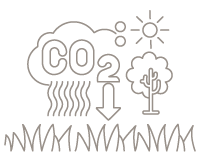
14,055 hectares of Permanent Grasslands that help capture CO2.
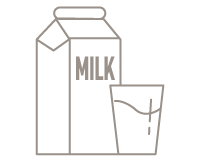
8.59% solids per liter of milk vs. national average of 7.5%.
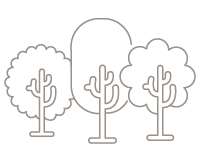
5,130 hectares of native forest.
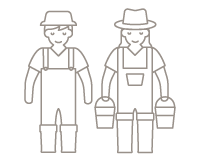
84.7% of our collaborators were trained.
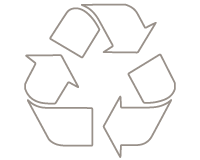
55% of our waste is recycled.
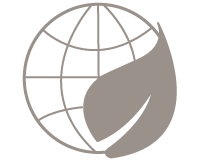
1.4 KgCOe/Kg FPMC* is Manuka’s greenhouse gas emissions intensity, almost one point less than the global average of 2.5 KgCOe/Kg FPMC, according to the FAO.
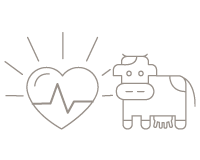
100% of our properties have the PABCO certification, free of infectious diseases.
Carbon Footprint
As a company committed to managing environmental impacts, this year we made the important decision to extend the measurement of the carbon footprint of the two dairies carried out in previous years, and make an evaluation at the corporate level, considering the total volume of the production centers in addition to all support areas. As a result, it is determined that 1.4 KgCOe/Kg FPMC* is the intensity of Manuka‘s greenhouse gas emissions, almost one point less than the global average that reaches 2.5 KgCOe/Kg FPMC, according to the FAO.
Additionally, we include an estimate of the capture potential of the forest biomass of our properties, where our forests can capture more than 33,000 tons of carbon per year, mainly due to growing species (renewable forest). This is due to the natural conditions of our productive model based on the use of extensive areas of grasslands, where there are important conformations of natural forests, components with an important participation in the process of capturing atmospheric carbon.
Recycling and Green Spots
In line with our environmental work, at Manuka we measure and take care of our waste, with a special focus on plastic, since it represents our greatest waste. To go further, we have developed our own waste management system and extended actions that also involve the community to together generate a culture of recycling in our environment.
Currently, 55% of our waste is recovered through reuse or recycling processes and 100% of the pens manufactured for the expansion of our breeding centers this season were made from recycled materials. In addition, 3,200 kg of waste have been recovered from the implementation of clean points used by our collaborators and the community during this season.
